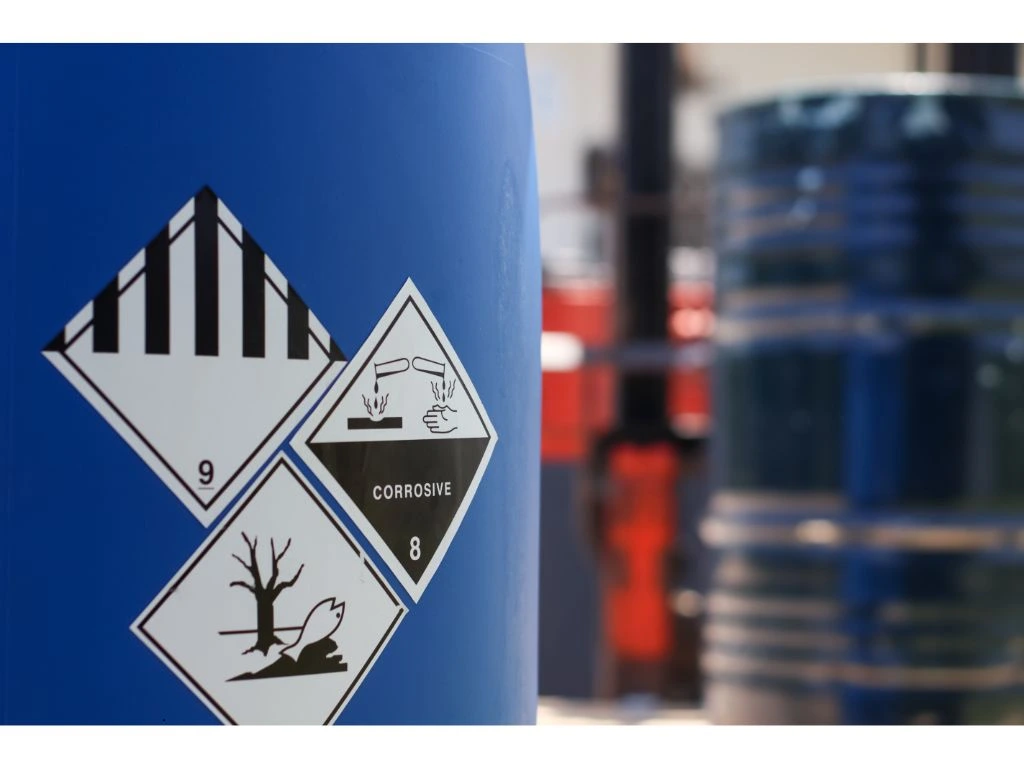- Home
- News Details
News Details

Brazilian Congress Advances Bill to Regulate
2025-05-01 Reference source : Câmara dos Deputados
Latin America Brazil PFAS Restriction Proposal
A bill aiming to establish a national policy for the control of PFAS per- and polyfluoroalkyl substances, often referred to as "forever chemicals" (PFAS) is gaining momentum in the Brazilian Chamber of Deputies.
Introduced by Deputy Juninho do Pneu (UNIÃO-RJ) on May 22, 2023, Bill PL 2726/2023 seeks to regulate the use, monitoring, and elimination of PFAS across Brazil. These synthetic chemicals, found in a wide range of consumer products from non-stick cookware to firefighting foams, are known for their persistence in the environment and links to serious health issues, including cancer and hormonal disruption.
The bill is currently ready to be placed on the agenda of the Committee on Environment and Sustainable Development (CMADS) after a series of deliberations. Most recently, on April 8, 2025, CMADS issued a favorable report recommending the approval of the bill with a substitute text proposed by Deputy Duda Salabert (PDT-MG). Two amendments to the substitute text were rejected during this process.
Despite progress, the bill faced a temporary setback when it was removed from the committee’s agenda on April 9, 2025, due to an agreement among members. Meanwhile, requests have been filed by other lawmakers to expand the bill's analysis to include the Committee on Economic Development and the Committee on Industry, Commerce and Services, suggesting broader implications for national economic and industrial policy.
The legislative journey of PL 2726/2023 reflects growing concern in Brazil about the environmental and public health risks posed by PFAS, and aligns with international trends seeking stricter controls over these hazardous substances.
If passed, the bill will mark a significant step in Brazilian environmental legislation and reinforce the country’s commitment to safeguarding public health and ecological integrity. For more information, you can find the proposal (in Portughese) here.
We acknowledge that the above information has been compiled from Câmara dos Deputados.
Global Product Compliance (GPC) specializes in Global Regulatory Compliance Solutions across sectors
globally. SSS Europe, a familiar name in chemical regulatory and compliance services now formally belongs
under the umbrella of GPC Holding Sweden.
Since 2008, we have emerged as one of the leading names among Global Regulatory Compliance Service
Providers with Representation services in Europe, Asia and Middle East for respective chemical
regulations.


